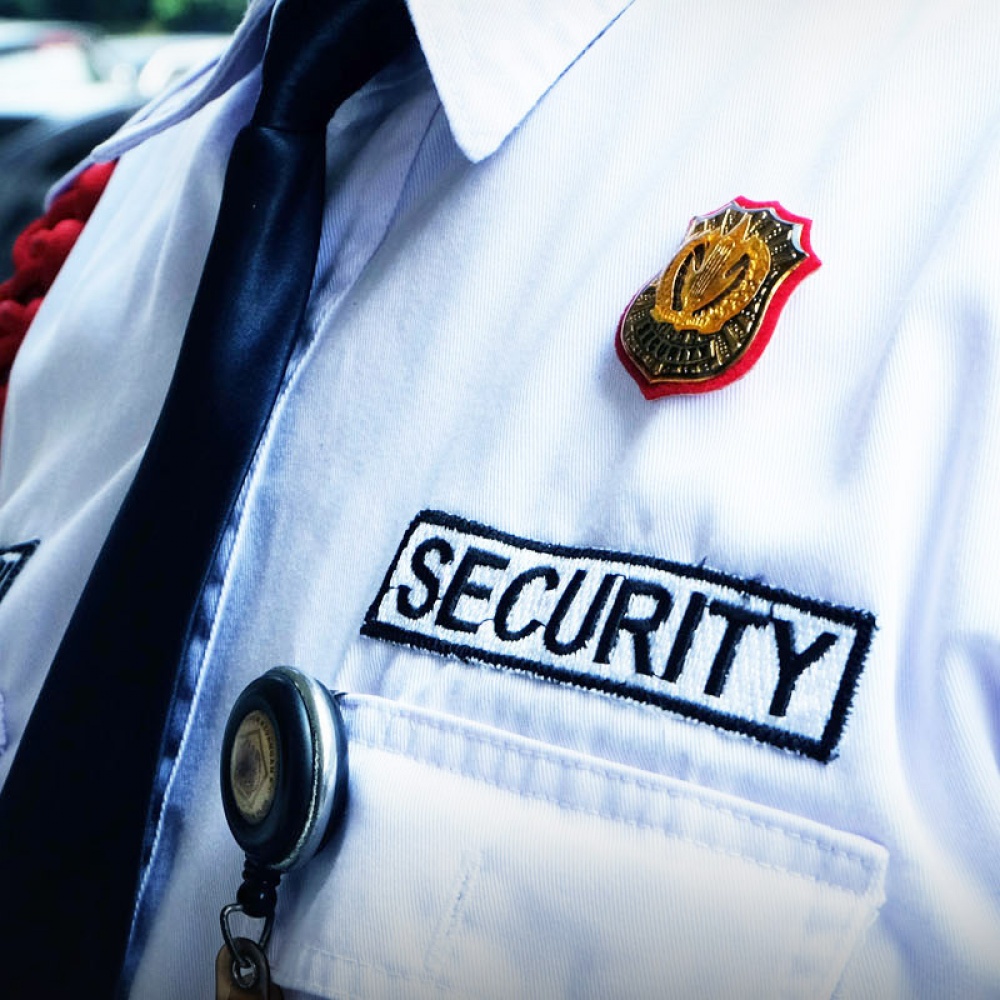Today there is a growing demand for outsourcing network security to third party vendors who specialize in managing and implementing private network security. In today’s cyber-crime world, network security guards Melbourne services are vital. However, security services providers face a lot of operational challenges. Let’s take a look at some of these problems
Worldwide, global professional (management and consultancy) security services, primarily dedicated to corporate clients, have become an integral part of many organizations. This field is dominated by access control and identity management services. Global managed security services, especially in developing countries, are still a distant dream. This major sub-topic covers identity and access control services.
This article is primarily concerned with authentication service. Authentication is the fundamental goal of any security service provider. Authentication service is defined as a procedure whereby users gain access to resources or information that they are authorized to use, without being granted access based on user credentials. A wide range of modern authentication methods are used, such as token based, biometrics, digital signatures, secret codes and passwords, etc. Kerckhoffs algorithm, symmetric key distributions, MAC addresses, fingerprints, and centralized random numbers generators are all common methods for authentication services.
Security services are designed to protect all network communications by authenticating and authenticating end-users. Software and hardware can be used to enforce access control procedures. These security solutions can be configured in a way that allows visibility and control of networks, as well providing security and assurance against unauthorized use. Information security can be described as integrity, availability, confidentiality, and privacy.

Any data that is transmitted over a system can be subjected to security services and if this is not done in a transparent and open manner then there can be serious consequences for both the systems and the individuals that own the systems. This can be achieved by providing unmitigated access for non-repudiation or challenge-response authentication. Challenge-response authentication yy refers to a case where a user submits a challenge, and if the system detects the valid challenge then it will return a response with an essentially valid answer. It is a way of verifying whether a response was given in the past or not. It can be used to challenge token-based logins, IP-based logins, or even application-level access control.
Protected data units (PDU) are data that has been signed or encrypted with an opaque security service. An opaque PDR is any data that has been encrypted, but is not protected by an entirely transparent protocol. As far as how secure they are the more opaque protocols tend to be less secure than those that use a fully transparent security services protocol. A PDR cannot decrypt data and it is not possible to determine if it has been encrypted.
Any data that is managed via an authentication via IP address-based service can be placed in either one of these two ways. First it can be placed inside an unshared file system protocol (IFS) or a named pipe (NTP). This second scenario can only occur if an NTP is also implemented. An unshared file system protocol is one in which data is allowed to move from one machine to another machine without having to incur any additional costs. On the other hand NTP allows two or more machines to share the same IP address, thereby allowing IP address based security services and authentication via IP address.
Many security services are now offered by third parties. They typically have their own employees who perform administrative functions for them. They are responsible for securing networks, managing technical aspects of maintaining networks and monitoring security. They also perform investigative functions in the event of criminal activity. Security officers may be employed by private firms or government bodies. Police officers often employ security officers to keep tabs on suspects and ensure the safety of the city.

